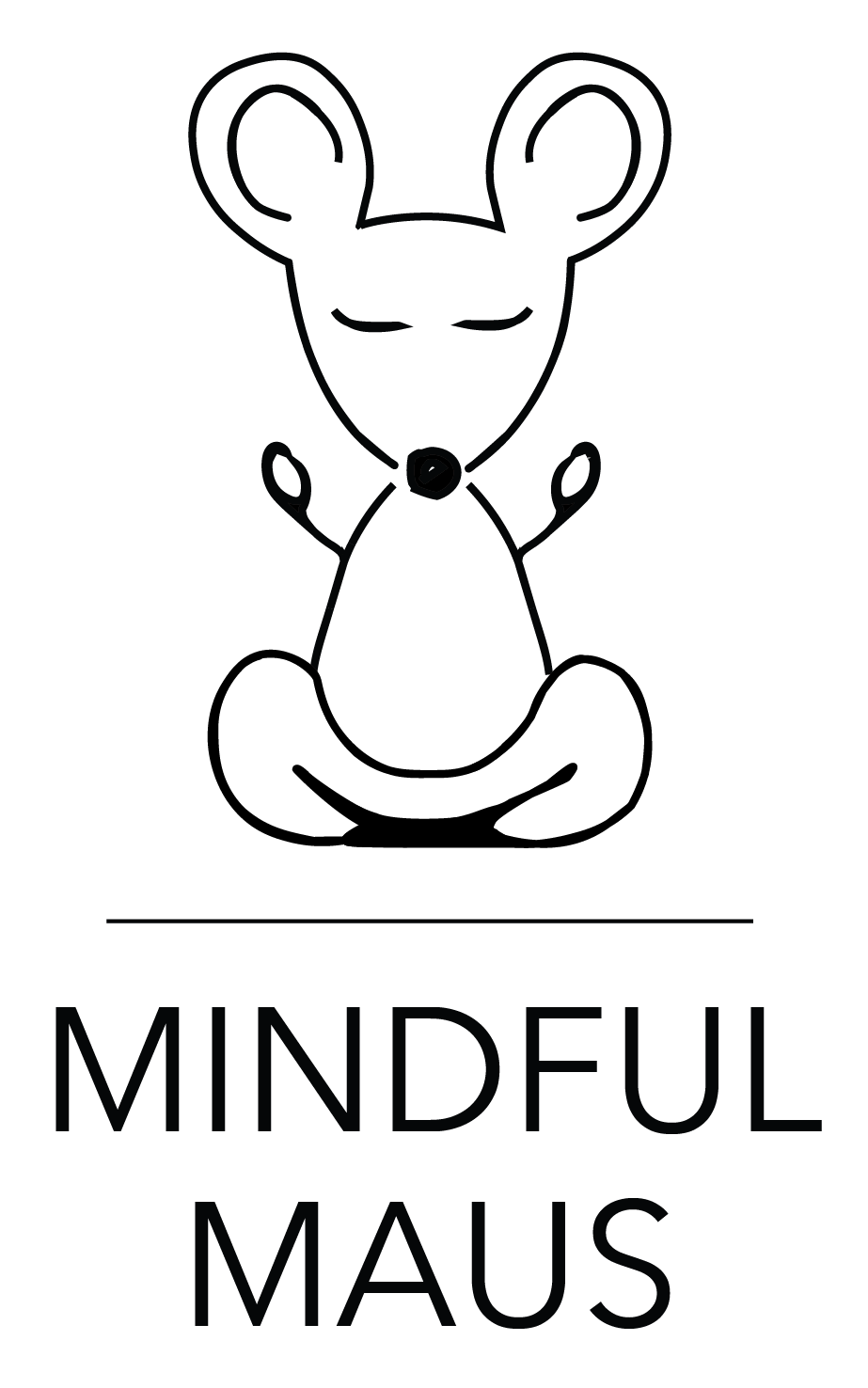Mindfulness Training
Julie has taught Mindfulness Based Stress Reduction (MBSR) for over 10 years. It is a course on Mindfulness created by Jon Kabat-Zinn, PhD at the University of Massachusetts Medical Center in 1979 and has been replicated in thousands of hospitals and community centers throughout the world since then. Most of the studies on the benefits of Mindfulness use MBSR participants to measure the changes they experience from taking the course. The MBSR course includes 8 weekly session where students are introduced to various mindfulness tools. In the course you learn to make Mindfulness a way of living, rather than another self-help activity you need to add to your to do list. Email Julie at julie@mindfulmaus.com to schedule a course for your group.
Scroll to the bottom for informational videos on MBSR.
Mindfulness in Business
In addition to the full MBSR course, I teach an abridged version in a 6-week “lunch and learn” (in- person or virtual) format for professionals. It includes daily practice assignments to deepen your experience.
This 35-day challenge is crafted to help you build a meaningful and lasting mindfulness practice that integrates seamlessly into your workday and beyond. Mindfulness is the key to harnessing the strengths of your personality and steering clear of its pitfalls. Additional training on the Enneagram System of Personality is encouraged to bring deeper awareness to those strengths and pitfalls (see Enneagram tab above). When self-awareness is combined with the ability to pause under stress, team dynamics and communication effortlessly improve!
I require a minimum of 8 to run the program. Research shows that if even a small group in an office learns the practice of Mindfulness, it positively impacts the organization as a whole.
What You’ll Learn:
Realistic ways to integrate meditation into your life
Techniques for managing pain and difficult emotions
Tools to respond, not react, under stress
Strengthening your ability to pause
Enhancing attention and productivity
Fostering greater compassion for others
Using Mindfulness to unlock the potential of your unique personality
“If you want to understand your mind, you have to sit down and observe it. You’ll find what creates suffering in our lives and what brings greater happiness and peace.”
Course Outline
Week 1 Mindfulness is Attention Training. Awareness of breath, body and senses creates presence
Week 2 How our Perceptions and stories we tell ourselves affect our behavior, creativity and productivity
Week 3 How Awareness changes what we experience in life
Week 4 Mindfulness in stress, moving from Reaction to Response, training in the Pause
Week 5 Mindful Relationships: communication, listening and compassion practices
Week 6 Mindfulness in Daily Life, taking better care of ourselves to increase well-being
For more information on MBSR:
Julie Maus—Mini Intro to Mindfulness
Michelle Duval on MBSR
Bill Moyer’s PBS documentary on MBSR
John Kabat-Zinn on MBSR

